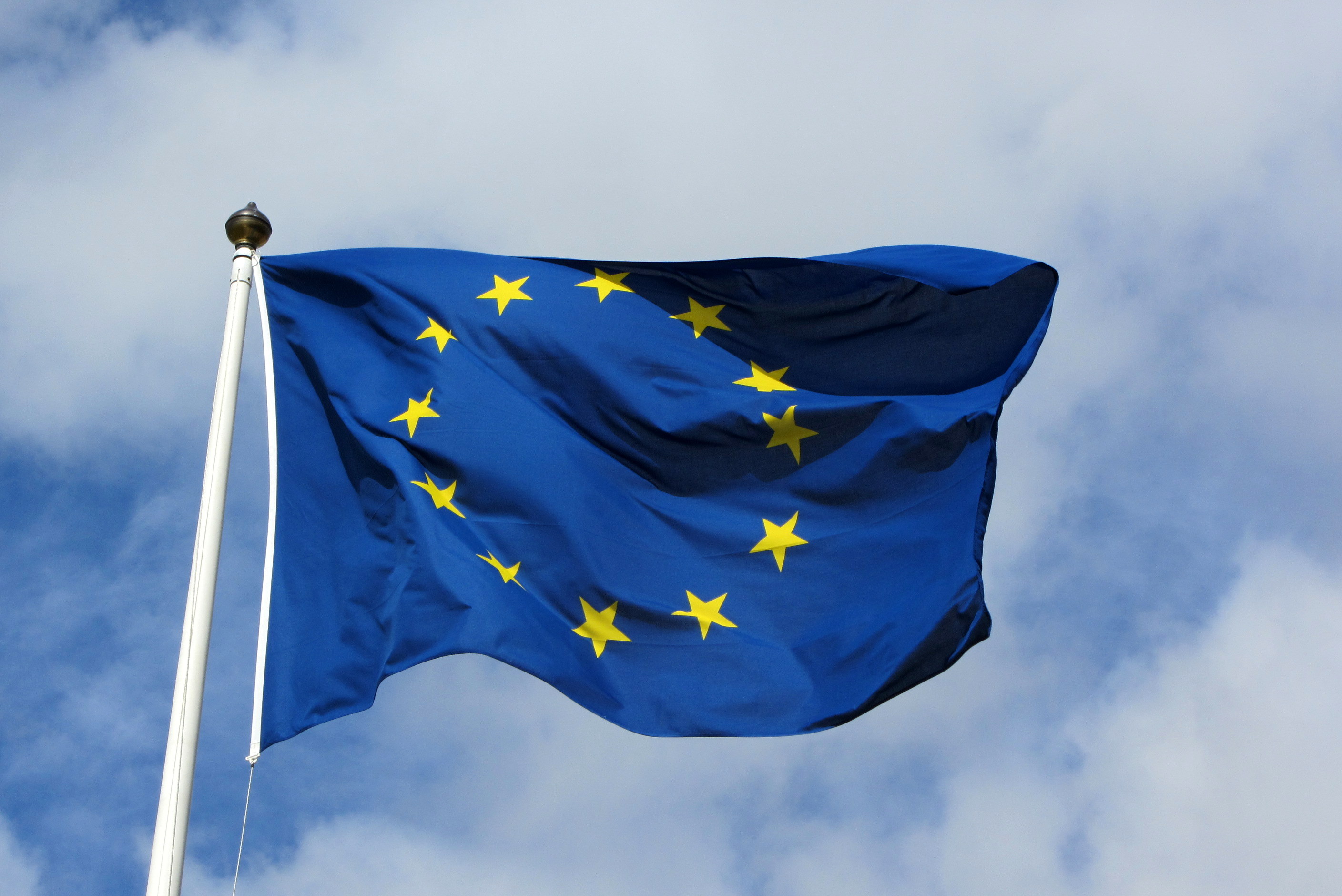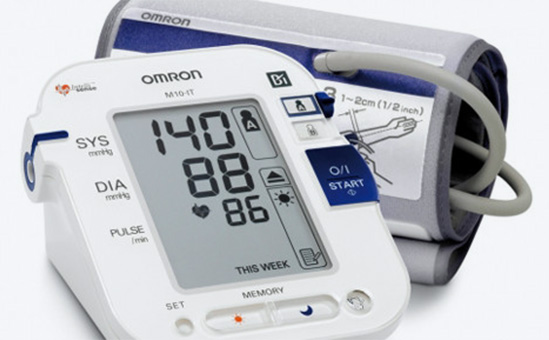The Baltic state’s Ministry of Social Affairs has coined the term ‘Gigabit Society’ to describe their vision for establishing "modern, accessible, and secure electronic communications across Europe.” It hopes to use its six-month term as President of the Council of the European Union to share this aspiration for a connected continent and create new policies and protocols for safely sharing patient data across borders.
Estonia is a leader in ehealth with its e-estonia digital records system holding an estimated 95% of all health data in the country. The secure platform uses electronic ID cards in tandem with a Keyless Signature Infrastructure (KSI) blockchain technology to ensure that data is only accessible to patients and clinicians. It is accessed over half a million times every year by doctors, and is reliable enough to manage 100% of electronic billing.1
A connected healthcare system with digital care records is attractive for clinical researchers, offering the potential to reduce the time, expense and complexity of identifying participants.2 Such systems can also simplify and streamline monitoring and measuring the impact of interventions. As more European nations seek to implement ehealth solutions, could the pioneering presidency of Estonia be the start of a connected future for researchers across Europe?
Informed or dynamic consent?
The recent developments in cloud computing systems and security - coupled with an increasing public familiarity and acceptance of the technology - have brought the possibility of a shared electronic database of healthcare records tantalisingly close.
Holding electronic data on patients is of benefit to the health service, but of no benefit to researchers if it cannot be utilised. In one study, 98% of patients understood and supported the principle of anonymised data sharing, but concerns remained over security, and the potential for data to be ‘misused’.3 These patients felt that security concerns could affect their likelihood to consent to trials.
Accepting the notion of ‘informed consent’ for clinical trials as immutable, the authors of the same paper assess the potential for the creation of dynamic consent platforms.3 This is where patients can opt in or out of research, give consent, and make decisions about how their data can be used and shared through a website.
In the future, it’s likely that dynamic consent platforms will play an essential role in retaining the sanctity of the patient in the digital world. Such systems can empower patients to take control of their data and become more heavily invested in research and outcomes. They can also allay many of the common concerns patients have identified.4
Research in an ‘open science’ world
The adoption of ehealth records and accessible data sources heralds a shift toward an ‘open science’ world. Within this new paradigm, conclusions without supporting data are meaningless.5
In a recent paper published simultaneously across the world’s most prestigious health journals, the International Committee of Medical Journal Editors (ICMJE) has called for ‘greater understanding and collaboration’ among funders, ethics committees, journals, trialists, analysts and participants’.6
Within the paper, there is an acceptance that sharing ‘deidentified’ participation data will become the norm, declaring that papers won’t be considered for publication unless supported by a data sharing statement.
There are significant hurdles to open data sharing, which the ICMJE acknowledges, though it remains fixed to this course.
In May 2018, the General Data Protection Regulation will became law across the European Union, establishing a common ground for the sharing and protection of personal data. The new rules seek to create a unified approach across the continent to data sharing. It remains to be seen whether this harmonisation of approaches inhibits or improves data sharing for medical research, and what difference Estonia can make during its short time in presidency.
References
- E-Estonia, Healthcare. [Website]. Available at: https://e-estonia.com/solutions/healthcare/e-health-record/ Date Accessed: 30.08.2017
- Cowie, M R. et al. Electronic health records to facilitate clinical research. J Med Internet Res. 2016 Apr; 18(4): e66. doi: 10.2196/jmir.5011
- Buden-Ljøsne, I. et al. Dynamic Consent: a potential solution to some of the challenges of modern biomedical research. BMC Medical Ethics BMC series – open, inclusive and trusted 201718:4 doi.org/10.1186/s12910-016-0162-9
- Spencer, K. et al. Patient Perspectives on Sharing Anonymized Personal Health Data Using a Digital System for Dynamic Consent and Research Feedback: A Qualitative Study. J Med Internet Res. 2016 Apr; 18(4): e66. doi: 10.2196/jmir.5011
- Ross, J S. Clinical research data sharing: what an open science world means for researchers involved in evidence synthesis. Systematic Reviews. 2016 5:159 doi.org/10.1186/s13643-016-0334-1
- Taichman, D B. et al. Data sharing statements for clinical trials. BMJ 2017; 357 doi: https://doi.org/10.1136/bmj.j2372


